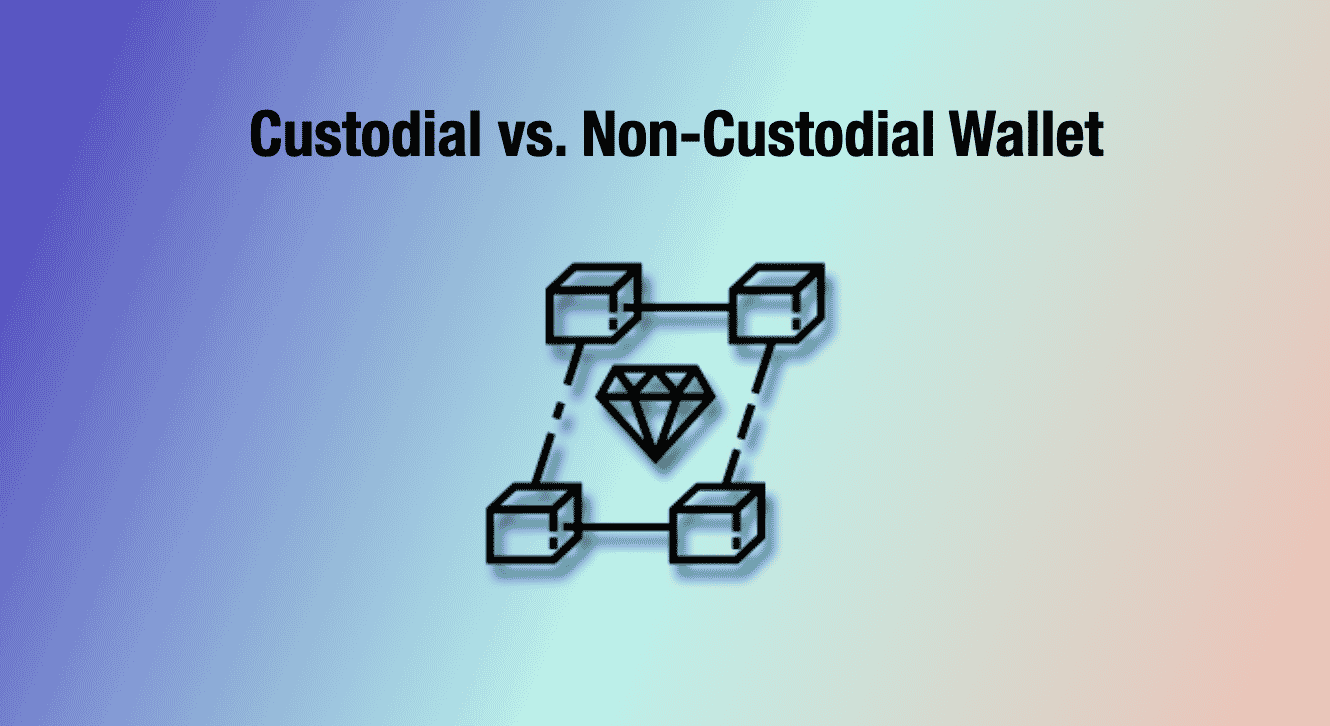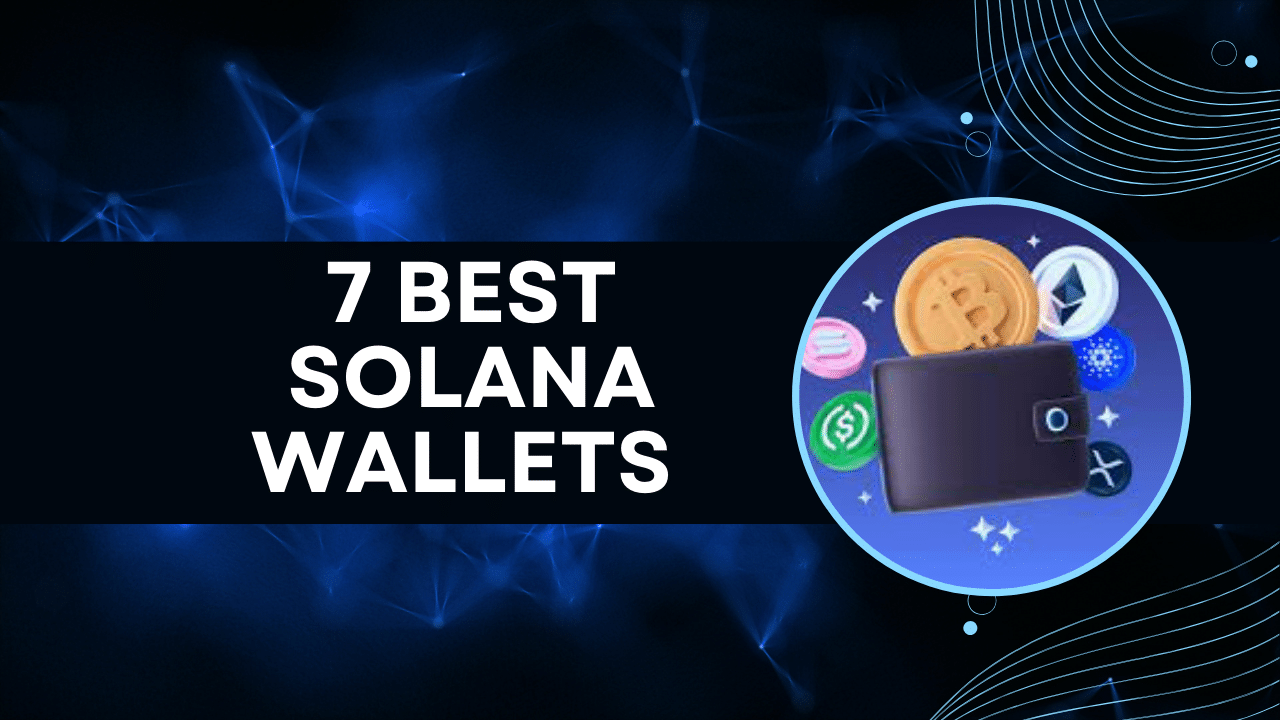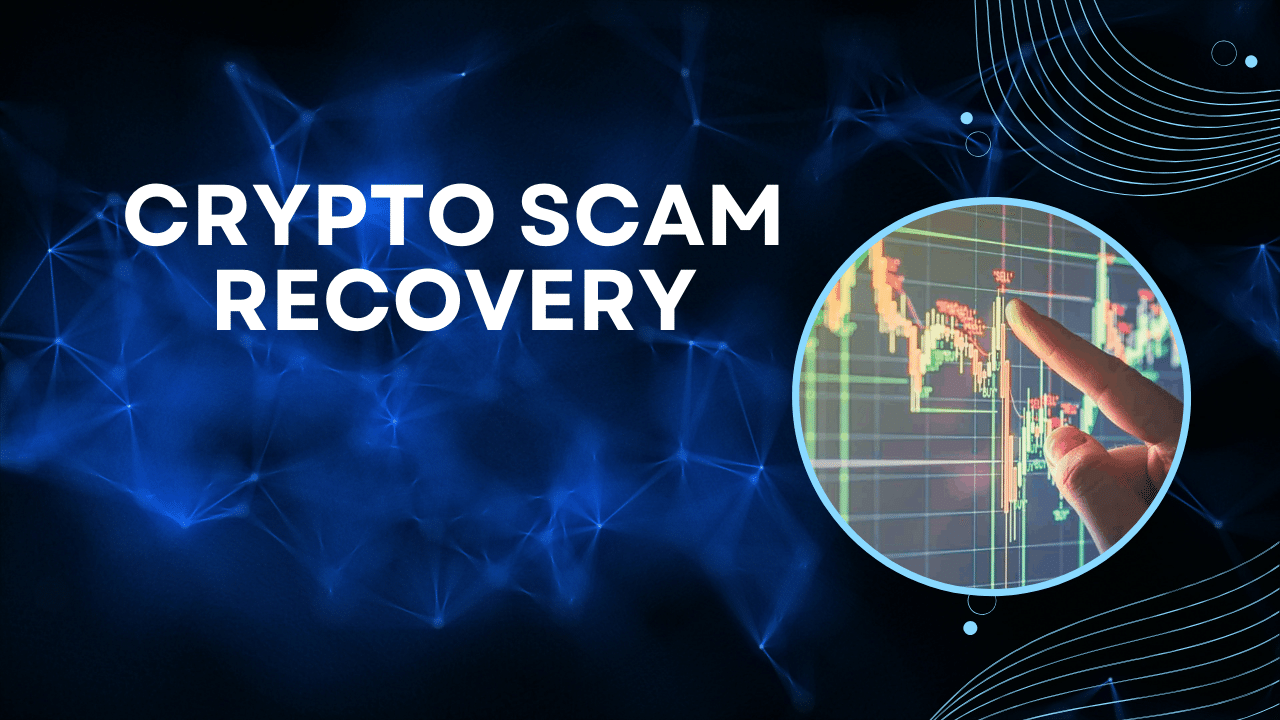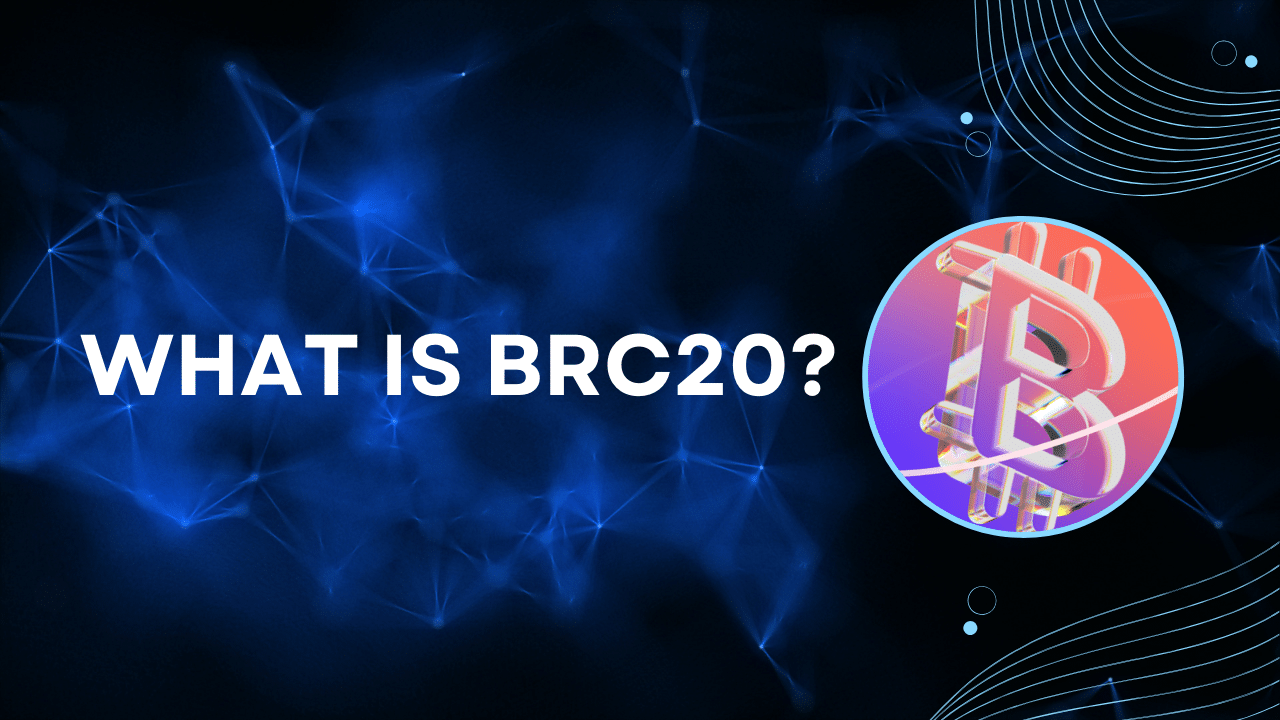Contents
When it comes to cryptocurrency wallets, there are two main types: custodial and non-custodial.
Custodial wallets are those that are controlled by a third party, such as a company or an individual. Non-custodial wallets, on the other hand, are wallets that you control yourself, without relying on any third party.
In general, custodial wallets are less secure than non-custodial wallets. This is because when you use a custodial wallet, you are trusting the company or individual that controls the wallet to keep your funds safe.
If the exchange is compromised, your digital funds are also compromised and no one can do anything about it. Because you’re entrusting your private key with that exchange.
That’s exactly what happened with the QuadrigaCX scandal in 2019 which resulted in millions of dollars worth of cryptos being compromised.
Non-custodial wallets, on the other hand, are much more secure. This is because you control the private keys of the wallet yourself. Even if the company that created the wallet is hacked, or if they decide to steal your money, you will still be able to access your funds using your private keys.
There are two types of non-custodial wallets:
- Hot wallets
- Cold wallets
Cold wallets are further classified into:
- Hardware wallets
- Paper wallets
Of course, there are also hybrid wallets, which are a mix of custodial and non-custodial wallets. These wallets usually offer the best of both worlds, for example, Exodus, and Trezor.
However, in this article we will explore; the two types of crypto wallets in detail, dissecting their pros and cons, list some of the popular examples in each category, and help you make the right decision based on black and white facts.
Contents
What is a Custodial Wallet?
A custodial crypto wallet is a type of digital currency wallet where the private keys are stored by a third party. This third party can be an exchange, a wallet service provider, or another type of financial institution.
Custodial wallets are often used by beginner cryptocurrency users who do not want to manage their own private keys. However, there are some risks associated with using custodial wallets.
For example, if the third party that holds your private keys is hacked or goes bankrupt, you could lose your digital currency. Additionally, you may not have full control over your private keys and may not be able to make certain types of transactions.
In some cases, crypto inheritance has proven to be unretrievable because the private keys were held by the original crypto owner.
You can prevent such mishaps from happening by sharing access to your assets with a custodian. By doing so, you grant someone else the authority to manage and distribute your assets according to your wishes. This way, even if something happens to you, your legal heirs will still be able to inherit your wealth.
For example, Binance Custody offers insurance for corporate accounts that are both regulated and compliant.
This includes coverage of crime in case something happens, as well as other bespoke requirements upon request; they use multi-signature wallets (Multisig), which remove centralized risks by requiring multiple parties approval before crypto transactions can be carried out.
Popular Custodial Wallets
Pros:
- Custodial wallets are usually very easy to use. All you need to do is create an account with the wallet provider and deposit your funds. The provider will then hold onto your private keys and manage your account for you.
- Custodial wallets are often more secure than non-custodial wallets, as the provider will usually have robust security measures in place to protect your funds.
- They are easy to use and don’t require any technical knowledge.
- They are often free or have low fees.
- They offer a higher level of security than non-custodial wallets, as they are typically hosted by a reputable third party.
- They can be accessed from anywhere in the world with an internet connection.
- They offer customer support in case you have any problems using the wallet.
Cons:
- If the wallet provider is hacked or goes out of business, you could lose your funds.
- The wallet provider will be able to freeze or close your account if they wish.
- You don’t have full control over your funds, as they are held by a third party.
- They can be subject to high fees, depending on the provider.
- They may not offer customer support in all regions.
What Is A Non-Custodial Crypto Wallet?
A non-custodial crypto wallet is a type of cryptocurrency wallet where you, the user, are in complete control of your private keys. This means that you alone have access to and control over your funds.
In contrast, with a custodial wallet, a third party (usually a centralized exchange or service) holds your private keys on your behalf. With a non-custodial wallet, you don’t have to worry about the safety of your funds because you are the only one who has access to them.
However, this also means that if you lose your private keys, there is no way to recover them or access your funds. Therefore, it’s important to be very careful with your private keys and to make sure that you have a backup of them in case of loss or theft.
Non-custodial wallets are considered to be more secure than custodial wallets because they eliminate the risk of theft or loss by a third party.
Decentralized exchanges are becoming more popular because they allow you to interact with cryptocurrencies without having an account at the mercy of centralized services.
Non-custodial wallets are needed when using these DEXs or DApps, such as Uniswap, SushiSwap, and PancakeSwap.
Popular Non-Custodial Wallets
Hot wallets:
Cold Wallet:
Pros
- You are in control of your own private keys, meaning you are in control of your own funds.
- Generally more secure than custodial wallets, as they are not subject to the risk of being hacked or stolen.
- Gives you the ability to easily backup and restore your wallet, as well as manage multiple addresses and accounts.
- Usually easier to use than custodial wallets, as they do not require you to trust a third party with your private keys.
- Typically have lower fees than custodial wallets, as there is no need to pay for the storage and management of your private keys.
- Offer greater privacy than custodial wallets, as your personal information is not stored on a central server.
- Multiple platforms support non-custodial wallets, making them more accessible than custodial wallets.
- They usually allow you to use advanced features such as multisig or hardware wallets, which can further improve the security of your funds.
- These are often open source, meaning they are transparent and subject to independent security audits.
Cons:
- If you lose your private keys, you will lose access to your account and your funds.
- Non-custodial wallets may not be as user-friendly as custodial wallets. They may require you to physically man-handle your crypto wallet.
- Since you are the only one with access to your private keys, and if you lose your private keys, or if your wallet is hacked, you will not be able to retrieve your loss.
Final Thoughts
When it comes to safeguarding your cryptocurrencies, you have two options to choose from; custodial wallets, and non-custodial wallets. Some people prefer custodial exchange accounts, while others like non-custodial wallets, and some combine the two.
You’ll also have to choose whether you want a hot or cold wallet, as well as how many cryptocurrencies you’ll want to keep in several different crypto wallets.
Regardless of what you pick, make sure you always follow the most secure option and make an educated decision.
Check out our detailed guide on Best Hardware Wallets in 2022.








